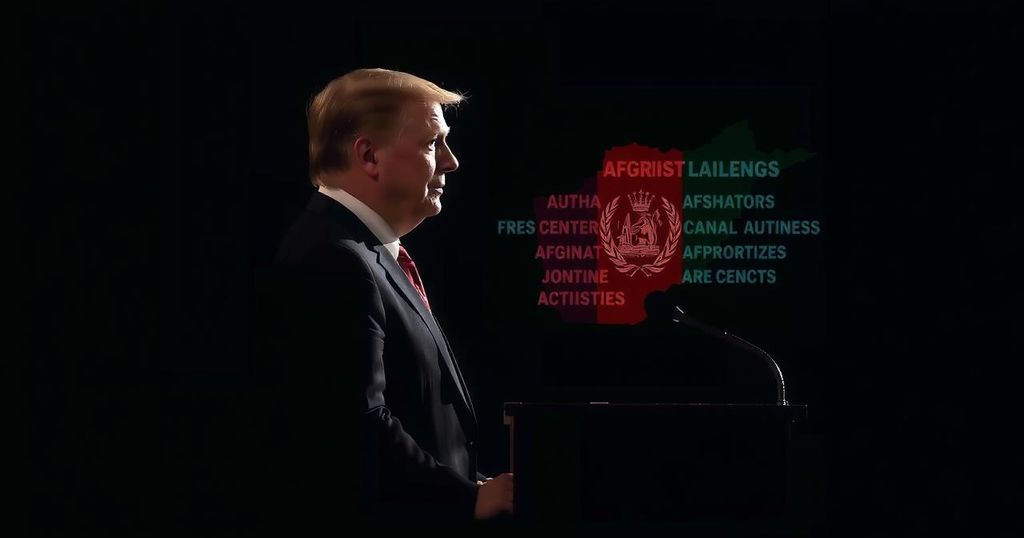Assessing Kamala Harris’s Accountability in the Afghanistan Withdrawal and Future Foreign Policy Consequences
The recent report from the House Foreign Affairs Committee regarding the Biden administration’s handling of the Afghanistan withdrawal has sparked considerable debate. Some media outlets have rushed to absolve Vice President Kamala Harris of any accountability for this chaotic event. However, it is imperative to recognize that Ms. Harris served as Vice President during this time, and therefore, she bears some responsibility for the aftermath of the withdrawal.
Ms. Harris herself has acknowledged her involvement in critical decisions, openly stating that she was “the last person in the room” with President Biden as he made the decision to relinquish control of Afghanistan. This admission underscores her role as a key supporter of the strategy implemented, thus entitling her to share in the ownership of this mismanaged operation.
Additionally, as we evaluate the broader implications of her potential presidency, several concerns arise. For instance, her national security advisor, Philip Gordon, was a prominent advocate of the Obama administration’s Iran agreement—a policy that many critics argue has exacerbated tensions in the Middle East. The ramifications of this policy became evident with the recent escalation in regional conflicts, further showcasing the potential risks of Harris’s foreign policy approach.
Moreover, Ms. Harris’s responses to significant geopolitical crises, such as the recent tragedies involving Hamas, raise alarming questions about her stance on vital issues. She has adopted a narrative consistent with President Biden, which some perceive as dismissive of Israel’s right to defend itself amidst significant threats. Such a position may indicate a willingness to govern from a perspective that aligns more closely with the far-left elements of her party—an approach that might not resonate well with moderate constituents.
On the matter of international adversaries, such as China and Russia, historical actions suggest that Ms. Harris may not exhibit a more assertive stance than her predecessor. During her term as Vice President, she did not publicly oppose critical geopolitical maneuvers, such as Russia’s invasion of Ukraine or China’s infringement upon United States airspace.
Furthermore, her stance on domestic security, particularly regarding immigration policies, reveals a preference for more lenient border control measures. Such positions could result in exacerbated national security concerns.
In conclusion, it is essential to critically assess Vice President Harris’s track record and the implications of her potential presidency. Despite the efforts of some proponents to promote an image of her as an exceptionally qualified leader, the evidence suggests that her administration could exacerbate existing national security issues beyond those faced currently under President Biden. A careful examination of her policies and decisions is warranted to ensure a comprehensive understanding of future trajectories in both domestic and international contexts.








Post Comment